Fractal Tree of Knowledge

This page describes an example progression of reasoning (i.e. syllogism) used to guide readers from one level of cognitive complexity to the next. Each new step in the logic chain can an be thought of as an iteration in the fractal tree of knowledge, because each one reveals a geometrically increasing number of corollary conclusions that expand the breadth, nuance, and complexity of our ethical awareness.
On the Kohlberg scale, this is the equivalent to going from Stage 4 to Stage 6.
In this progression, we go from a fundamentalist religious perspective to a new generating equation based on universalism and the pursuit of happiness through scientific evidence. It does this by systematically filling in the gaps in knowledge and reasoning until the desired level of understanding is obtained and a new pattern of thought is adopted. It is persuasion through targeted education and apt allegory.
This is an example of metaphor mapping, providing a new, rational interpretation of a core religious allegory.
In the future, similar paths can be constructed that start with other philosophical reference points, such as atheism or libertarianism. The eventual goal is to identify the key unique entry points based on the most common philosophical, political, and religious beliefs, and provide customized curriculums that localize languages, cultural references, religious allegories, and rhetorical strategies to speak directly to the values and goals of each. This can be done using the wiki custom language function to code switch the entire philosophy to use the specific vernacular of the reader.
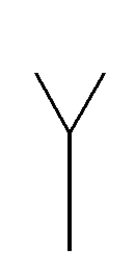
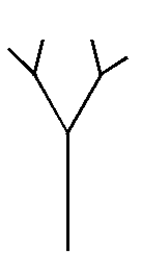
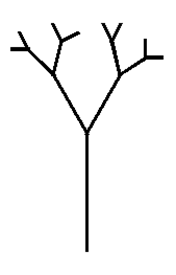
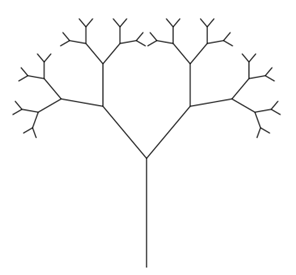
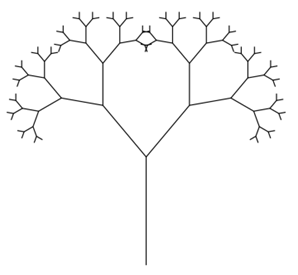
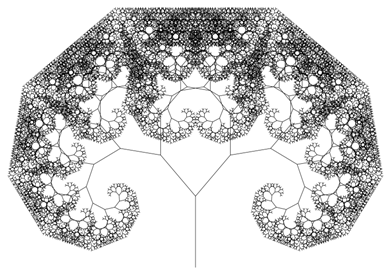
Tree of Videos
Daniel Quinn's Ishmael offers a thought-provoking alternative interpretation of the creation story of Adam and Even and the Tree of Knowledge as an allegory for the agricultural revolution.